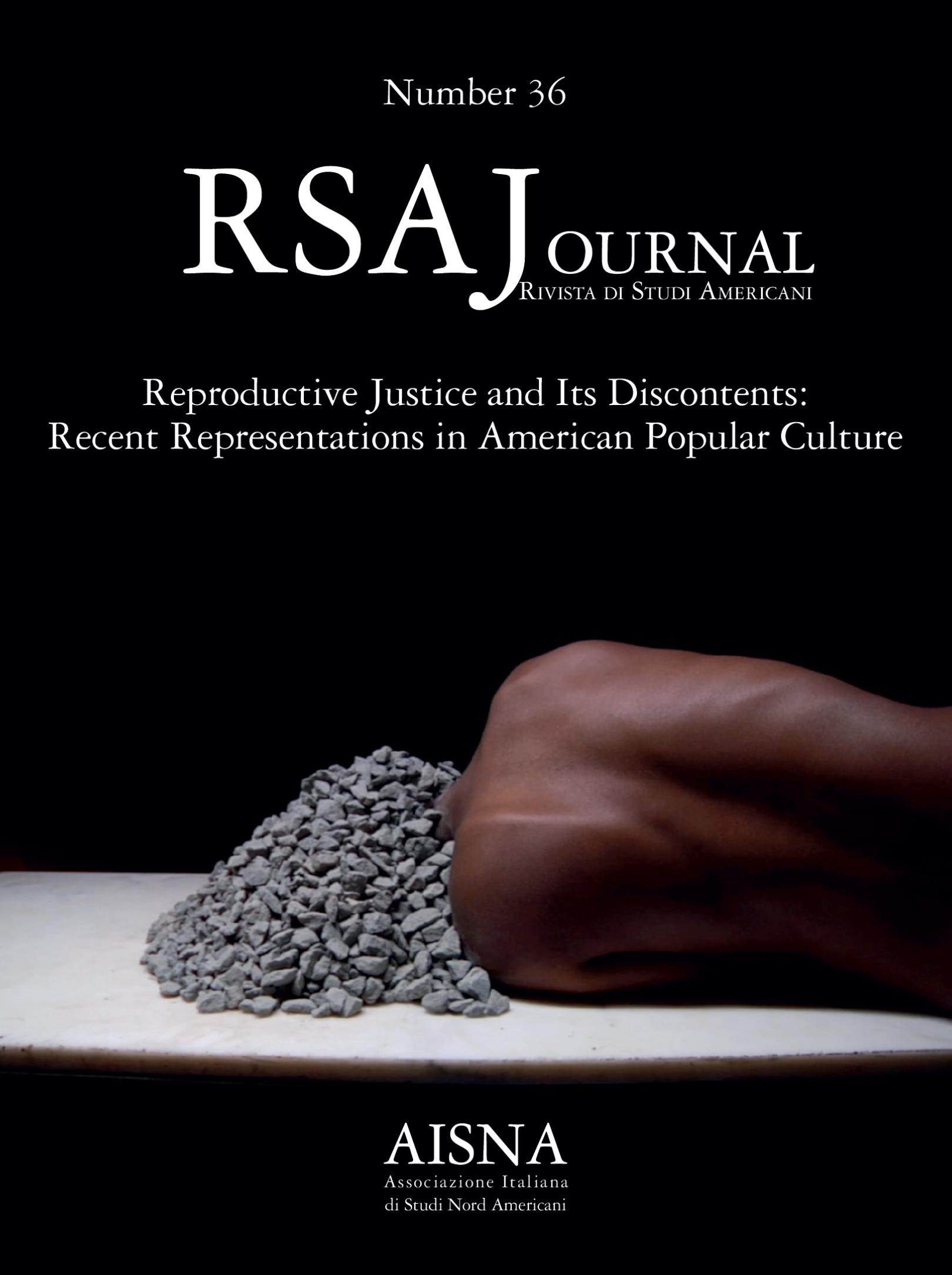Character and Choice
Abortion in American Teen Films
DOI:
https://doi.org/10.13135/1592-4467/11779Keywords:
Abortion, Film, Teenagers, Youth, Pro-choice, Girls, Contraception, CensorshipAbstract
This essay summarizes the history of abortion in teen movies in the United States, emphasizing how, for over a century, teen abortion has often been censored, omitted, or depicted inaccurately. Even after the legalization of abortion via Roe v. Wade in 1973, a film like Fast Times at Ridgemont High (1982), which shows abortion as a simple and painless procedure, remained rare. However, soon before the US Supreme Court overturned Roe v. Wade via the Dobbs v. Jackson decision in 2022, several American teen movies such as Grandma (2015); Never Rarely Sometimes Always (2020); Unpregnant (2020); and Plan B (2021) shifted the teen abortion narrative by depicting abortion itself as a valid and reasonable choice by the girl protagonist even as their access to abortion and emergency contraception becomes an ordeal necessitating a road trip. These sympathetic portrayals of girls who have a right to their abortion rewrite many of the stereotypes that had come to define abortion narratives for teens, instead showing abortion to be the safe and effective procedure that it is. In addition, these films highlight the difficulties for girls who need funds and parental consent for their abortions, predicting the actual circumstances that many adults as well as teens now find themselves in upon Dobbs v. Jackson decision. At the same time, it hardly seems coincident that each film portraying an abortion depicts the girl in an abusive or harmful relationship. In doing so, the stories emphasize the girls’ need for an abortion. However, such a pattern begs the question – is such a relationship deemed necessary within the story to give them the “right” to an abortion? In this essay, I look to the history of abortion in teen films and examine the recent phenomenon of the abortion road trip teen film. Ultimately, I argue that aspects of these plots seem aimed toward appealing to a pro-choice fanbase while seeking to avoid ostracizing a more conservative audience who requires more justification for abortion.
Downloads
Published
Issue
Section
License
Copyright (c) 2025 Michele Meek

This work is licensed under a Creative Commons Attribution-NonCommercial-NoDerivatives 4.0 International License.
RSAJournal applies a CC BY-NC-ND license to all its contributions. This license enables reusers to copy and distribute the material in any medium or format in unadapted form only, for noncommercial purposes only, and only so long as attribution is given to the creator. CC BY-NC-ND includes the following elements:
- BY: credit must be given to the creator.
- NC: Only noncommercial uses of the work are permitted.
- ND: No derivatives or adaptations of the work are permitted.
Authors who publish with this journal agree to the following terms:
- Authors retain the copyright and full publishing rights for their submissions to the journal.
- Authors grant the journal right of first publication with the work simultaneously licensed under a Creative Commons Attribution-NonCommercial-NoDerivatives 4.0 International License that allows others to share unedited work for non-commercial purposes with an acknowledgement of the work's authorship and initial publication in this journal.
- Authors are able to enter into separate, additional contractual arrangements for the non-exclusive distribution of the journal's published version of the work (e.g., post it to an institutional repository or publish it in a book), with an acknowledgement of its initial publication in this journal.




